Why You Don't Have to Be a Doctor to Write a Great Medical Mystery Thriller
 We have a special guest today! Christopher Stookey, author of Terminal Care (Silver Leaf Books), is here to talk about writing a great medical mystery thriller novel(his specialty!). To find out more about Christopher, visit his Amazon’s author page here.
We have a special guest today! Christopher Stookey, author of Terminal Care (Silver Leaf Books), is here to talk about writing a great medical mystery thriller novel(his specialty!). To find out more about Christopher, visit his Amazon’s author page here........................................
Why You Don’t Have to Be a Doctor to Write a Great Medical Mystery Thriller
By Christopher Stookey
The medical mystery thriller is, of course, a sub-genre of the mystery thriller. Most of the time, the heroes and heroines of a medical thriller are doctors
 who are trying to solve a medical mystery. Why did the wealthy, hitherto healthy heiress die unexpectedly from a heart attack? Is the big, profit-focused drug company covering up a serious—indeed a lethal—side effect of its new miracle drug?
who are trying to solve a medical mystery. Why did the wealthy, hitherto healthy heiress die unexpectedly from a heart attack? Is the big, profit-focused drug company covering up a serious—indeed a lethal—side effect of its new miracle drug?Medical mystery thrillers are often written by authors who are, themselves, physicians. Robin Cook, Michael Crichton, and Tess Gerritsen—three of the best-known writers of medical thrillers—are all medical doctors. However, it’s long been my opinion that the lay person, someone with little or no medical knowledge, could also write an excellent medical mystery thriller. Here’s why I feel this way.
Most medical thrillers penned by physicians are written from the point-of-view of the physician-hero (physician authors are a rather egotistical lot in this way). Such a physician-centered book will, by necessity, probably need to be written by someone with at least some medical expertise. However, a medical thriller does not have to be written from the point-of-view of a doctor-hero. A superb medical thriller could be effectively crafted from the point-of-view of a patient.
The author of such a book would need little medical expertise. Yet such a book would be almost naturally suspenseful and filled with tension (two of the main ingredients of a thriller) owing precisely to the patient-hero’s medical naiveté.
Let me explain further. Everyone has experienced the anxiety of going to the doctor. Being a patient amounts to being in a position of great vulnerability and heightened anticipation (again, the ingredients of any good thriller). Imagine sitting in a doctor’s office, cold and alone, wearing only a hospital gown, awaiting the arrival of the doctor who will tell you the results of the crucial tests performed earlier in the day. Is there a more perfect mood setting for fear and anticipation?
This tension is heightened several fold when you move the setting from the doctor’s office to the hospital. The hospital is naturally an unfamiliar and forbidding place, the perfect setting for a mystery. For the patient, there is almost the sense of being captive. You are told when you can eat or drink, when you can and cannot get out of bed; the language people are using in the halls is impenetrable; the smells are strange and forbidding. Moreover, the hospital is a world filled with the symbols of danger: it is a world of needles, scalpels, and probes; it’s a world populated by people wearing masks and gowns; it’s a world where patients are given powerful drugs with unpronounceable names.
Perhaps the ultimate arena for fear and vulnerability is the operating room. Here the patient is rendered unconscious and placed completely at the mercy of strangers wearing masks and wielding knives.
Now, add to this forbidding setting an element of evil. Perhaps our patient-hero does not trust his doctor. Perhaps he suspects the hospital places the interests of an HMO above the interests of his own health. Perhaps he believes his doctor is hiding something from him in order to save an insurance company money. Or ratchet up the evil another notch or two. Did our patient-hero overhear the doctor in the hallway say something about patients getting, without their knowledge, a new experimental drug? Why do the patients in room 302 always end up dying? What’s that? The plan is to move our patient-hero tomorrow … to room 302?
The possibilities are endless. The main point, however, is this sort of medical thriller need not be written by a physician or by someone with an insider’s knowledge of the medical world. The main source of tension in this medical thriller is medical ignorance. What are my doctors doing to me? Why am I receiving this new drug? Why am I feeling worse rather than better? What really happened to me in the operating room?
It is precisely the ignorance of the patient-hero that leads naturally to a limitless potential for mystery, suspense, danger, uncertainty, conspiracy, menace, plot twists, excitement, cover up, and entrapment—the standard ingredients of any good thriller.
Happy writing.
# # #

















































































































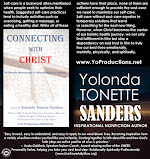


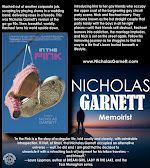



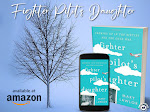




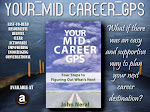
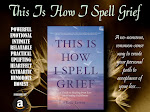
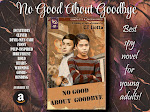


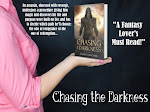
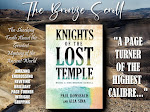


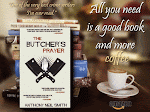
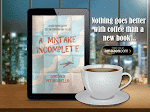
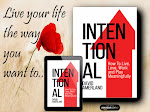
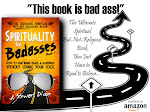




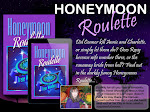
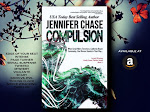
















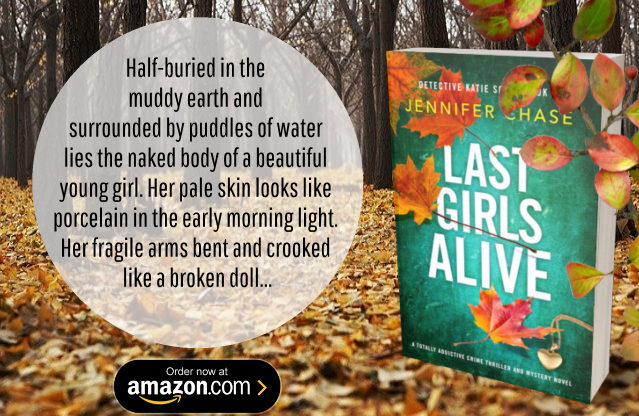




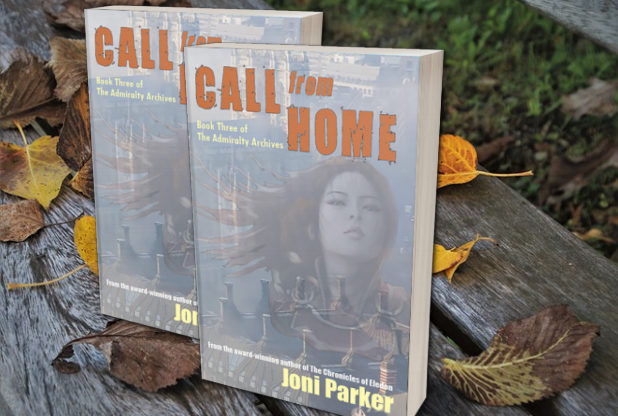



Leave a Comment